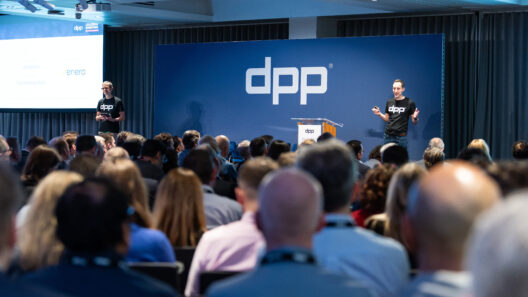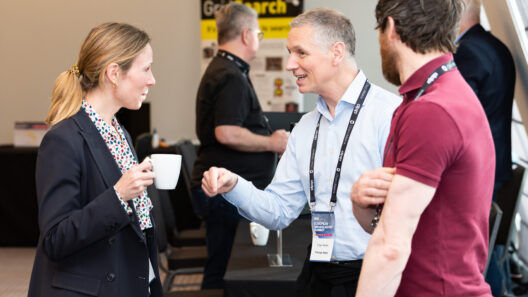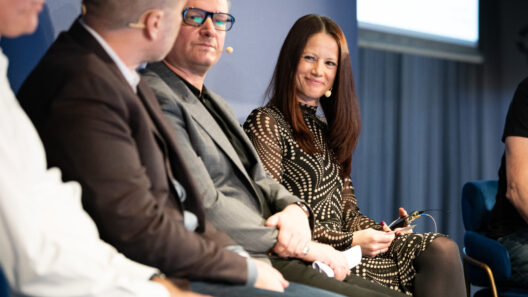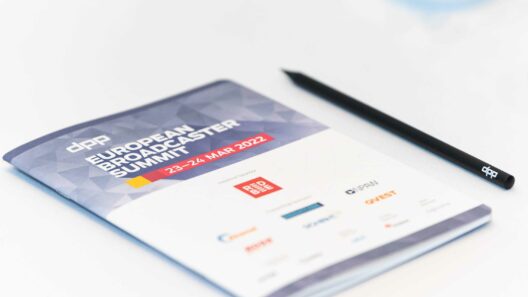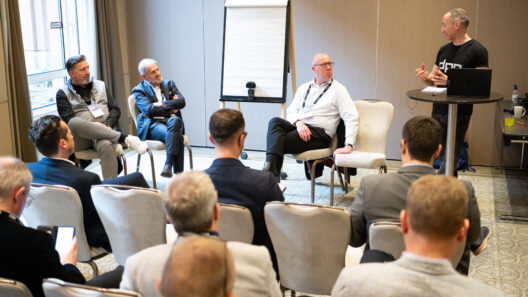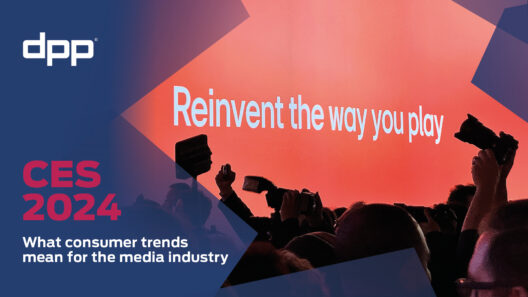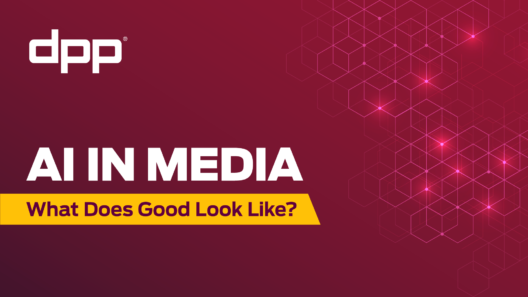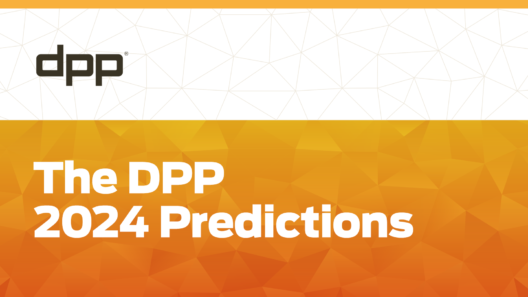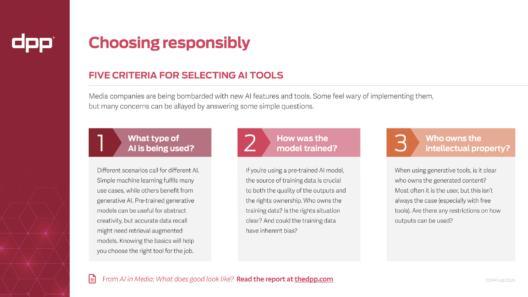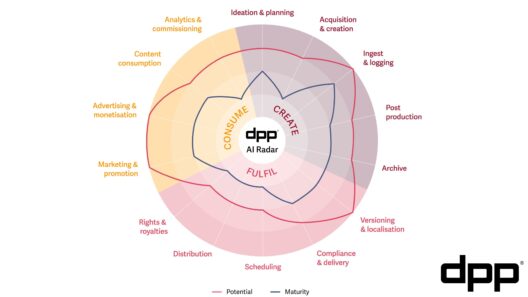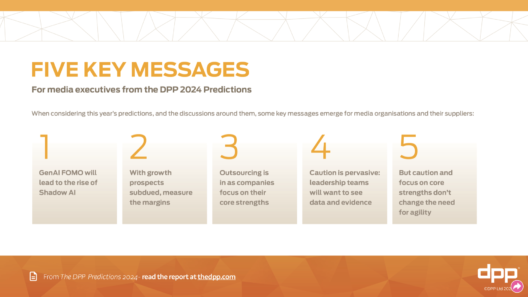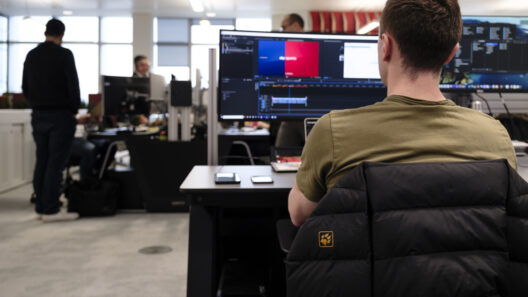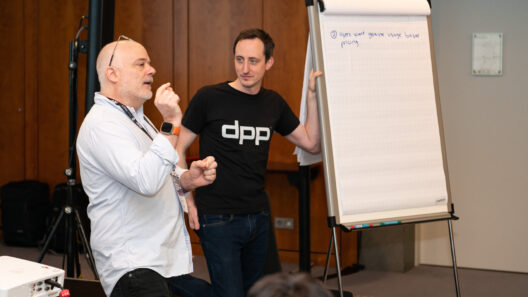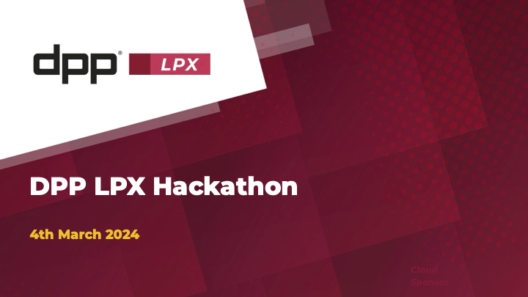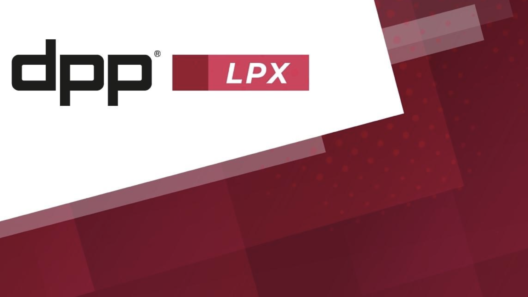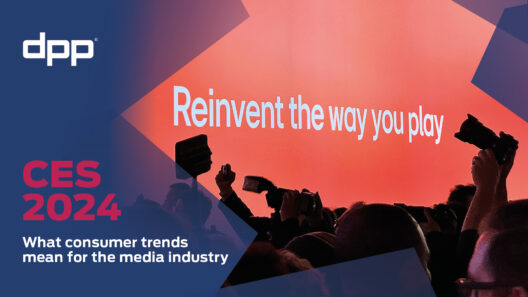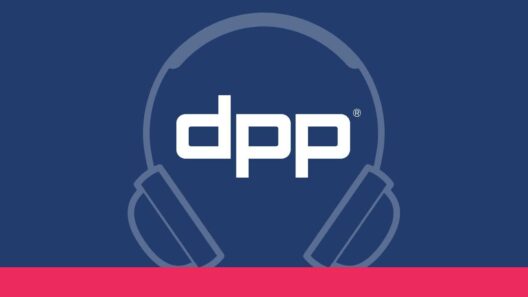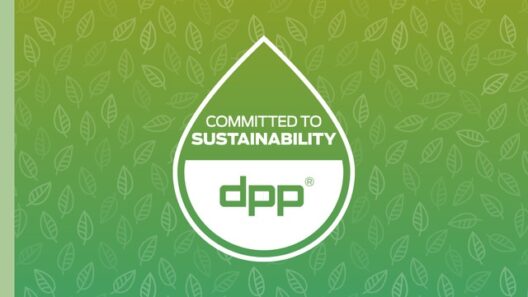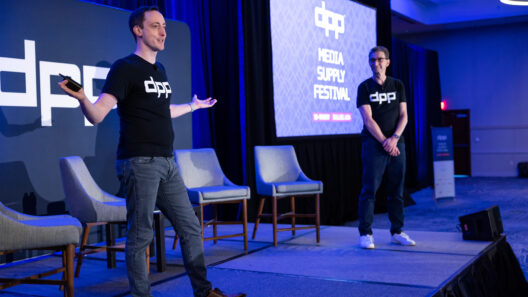In the mid-2010s the research, analyst and consultancy firm Gartner coined the term 'Postmodern ERP'.
Postmodern ERP described a new approach to how Gartner advised companies implement their enterprise resource planning suites - essentially those core business applications encompassing HR, finance, logistics, planning and more. Rather than implementing one single massive monolithic, highly customised and complex solution, Gartner advised organisations to pick and choose the best-of-breed tools in each area, stitching them together in a more loosely coupled and federated ERP environment.
The Postmodern ERP moniker was classic Gartner, for those familiar with the organisation. Sensible advice based on vendor and customer research, wrapped up in slick if somewhat bizarre marketing terminology.
Making Integration Work
In our three-part Making Integration Work reports, DPP CTO Rowan de Pomerai writes how that concept is relevant to media and broadcast workflows - comprising data integration, application integration and more. As media organisations adopt microservices and workflows that more closely resemble the digital and IT software world, strategic integration of software and data provides the flexibility and agility to move at speed.
The Making Integration Work series is based on workshops, interviews and conversations with 60 business and technology experts from a wide range of DPP member companies.
Supported by lead sponsor MuleSoft, and expert sponsors mediaSaaS, Mux, Ross Video, Signiant, Skylark, and Vubiquity - Making Integration Work covers the strategic, technological and organisational aspect of connecting systems and services.
Even if it’s not described as such in the media industry, Rowan draws the comparison between between media workflows and 2010s ERP strategy in the first part of the report series, The Integration Opportunity. He ponders:
Perhaps we are in the era of the postmodern media supply chain?
Expert contributors involved in the work were building, or seeking to develop, architectures around this kind of modular strategy.
Composable thinking recognises that change is constant, and builds organisations and technology systems designed to react as business needs change.
The strategy of course is easier than the implementation. Indeed, Rowan describes this thus:
We may like to think of software tools as building blocks for our workflows, but connecting them together involves complexity and skill levels more akin to the craft of joinery, than to piling up children's toy blocks.
Rowan de Pomerai, DPP CTO
Flexibility by design
Contributors from content providers and technology suppliers expressed that the real goal of composability is to enable their organisations to respond to changing business needs.
As such, integrations need to be flexible by design - providing a framework which would allow tools to be integrated more efficiently and rapidly. Integrations must not be too rigid, as this risks fossilising a process or workflow which will be hard to unpick.
You’re aiming for Velcro, not Superglue.
Oliver Wynn, MuleSoft
Ultimately, the true value is not purely integrating systems to automate workflows, although this was recognised as a goal of integrations. Increased agility enables businesses to develop new products, services and capabilities more quickly.
Oliver Wynn, Distinguished Solution Engineer at MuleSoft, believes looking at how other sectors use APIs is relevant to media and broadcast companies.
"Senior leaders across lots of industries are now seeing integration as a way to create new revenue streams," Oliver says. "In telecoms, APIs are instrumental in engaging in wholesale broadband. In consumer packaged goods, companies are surfacing their products via APIs into third party marketplaces. If you can expose your API to someone who’s a bit innovative, they may use that API in a totally different way to what you’ve thought of."
David Klee, VP Strategic Media Solutions at A+E Networks, agrees.
Having the ability to do integration helps enable new revenue opportunities that you might not otherwise be able to realise, because it decreases your time to market.
David Klee, A+E Networks
All staff at DPP member companies can access the Making Integration Work series here. A webcast discussing some of the themes featuring some of the key contributors is here.
The next major in-person DPP event is the Media Supply Festival, which will take place in Dulles, USA on 18 and 19 May 2022. This new type of event will explore the key trends in media technology, and uncover how media companies can truly achieve efficiency, scale, and agility.
